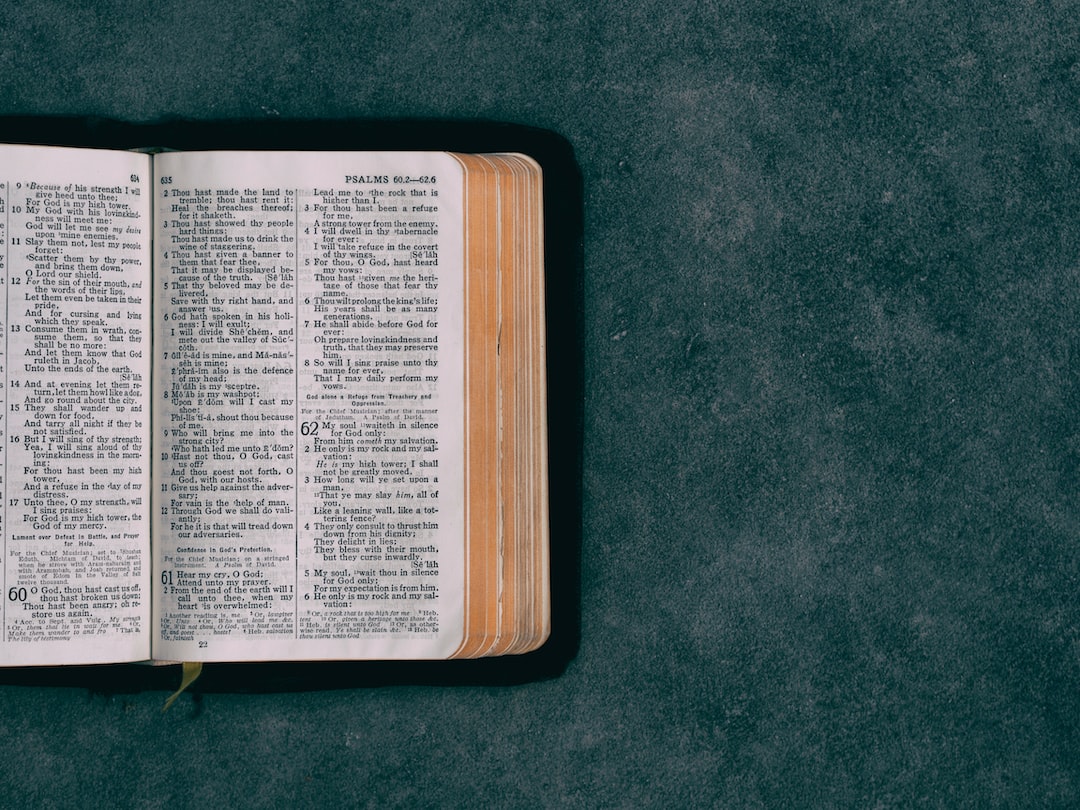Faith and Global Issues: The Influence of Religion on Peacebuilding and Conflict Resolution
Religion has been an integral part of human society for centuries, playing a significant role in shaping cultural norms, values, and attitudes. It serves not only as a source of spiritual guidance but also as a defining factor in the social fabric of communities worldwide. Throughout history, religion has both motivated violence and inspired countless individuals to promote peace and harmony. In the face of complex global issues, the role of religion in peacebuilding and conflict resolution becomes increasingly important.
In today’s interconnected world, where news of conflicts and violent acts spread rapidly, it is vital to acknowledge the impact religion has on shaping the responses to these global issues. While some argue that religion exacerbates conflicts due to its divisive nature, evidence suggests that religions can facilitate dialogue, reconciliation, and ultimately foster peace.
One of the most prominent examples of religious involvement in peacebuilding is the widely recognized initiatives taken by religious leaders and organizations in promoting peace and resolving conflicts. In numerous conflicts around the world, religious leaders have played influential roles as mediators, providing a neutral ground for dialogue and negotiations.
A notable example of this is the peace process in South Africa, where religious leaders played a vital role in bringing an end to apartheid. The Anglican Archbishop Desmond Tutu was a prominent figure in addressing the injustices and promoting reconciliation. His faith not only guided his actions but also provided the moral foundation for advocating social justice and peace. Similarly, religious leaders have played key roles in conflict resolution efforts in the Middle East, Northern Ireland, and many other parts of the world.
Religion also shapes the values and ethics of individuals, guiding their actions towards peacebuilding and reconciliation. Many religious traditions share common principles of love, compassion, and forgiveness, which form the basis for promoting peaceful coexistence. These shared values provide a platform for religious communities to come together and work towards resolving conflicts.
Interfaith dialogue and cooperation have gained momentum in recent years, further emphasizing the role of religion in peacebuilding. Interfaith initiatives bring together religious leaders and communities from different faith traditions, fostering mutual understanding, respect, and cooperation.
The Parliament of the World’s Religions, founded in 1893, is one such platform that has provided opportunities for religious leaders to engage in dialogue and collaborate on issues such as peacebuilding and conflict resolution. Through dialogue, religious communities can identify shared goals and values, build trust, and work together to address global challenges.
However, it is important to acknowledge that religion can also be manipulated and misinterpreted to fuel conflict. History is replete with examples of religious extremism and the misuse of faith to justify violence. The rise of religiously motivated terrorism, such as the actions of extremist groups like ISIS, highlights the complex relationship between religion and conflict.
These instances of religiously motivated violence often overshadow the efforts made by the majority of religious individuals and communities committed to peace and tolerance. It is essential to recognize that these extremist interpretations are not representative of the broader faith community that seeks to promote peace and engage in constructive dialogue.
Furthermore, the influence of religion on peacebuilding extends beyond an individual level to societal and policy levels. Many countries have recognized the potential of religious actors in promoting peace and have integrated them into their conflict resolution frameworks.
For example, Norway has a long history of involving religious leaders in peace negotiations, particularly in the Middle East. The Oslo Accords, which aimed to bring peace and stability to the Israeli-Palestinian conflict, included the participation of religious leaders in the negotiations. By involving religious actors, policymakers recognize the importance of religious beliefs and values in shaping societal attitudes and promoting reconciliation.
In conclusion, the role of religion in peacebuilding and conflict resolution is complex yet significant. While religion has both been used to justify violence and promote peace, evidence suggests that religious actors and communities can play a crucial role in fostering dialogue, reconciliation, and ultimately, peace. By harnessing the shared values and principles of different faith traditions, engaging in interfaith dialogue, and recognizing the potential of religious actors in policy frameworks, we can tap into the transformative power of religion to address the global issues and challenges we face today.

